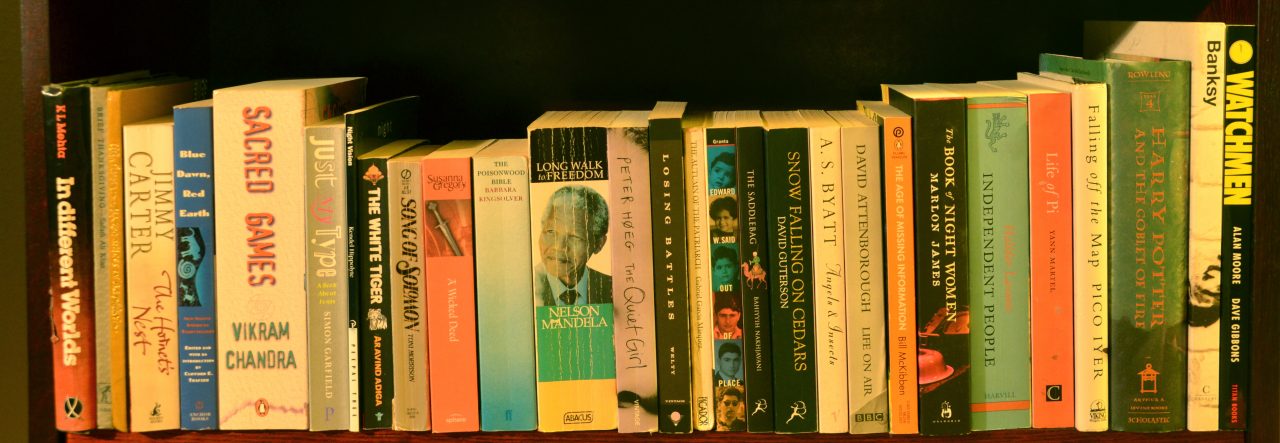Published by Wordcraft of Oregon, 2007, 192 pages.
The title of this book is borrowed from a story by Balzac about betrayal and mistrust, two threads running through the book. The third is love, with all its inadequacies and flaws.
Fred Twomey is a creative writing professor, married with two sons. He has a reasonably good life—married to Jenny, an artist, with two sons and a good job, liked by his peers. But there are tremors in this seemingly perfect world.
As the book starts, he is at a conference, where he almost cheats on his wife but manages to back away before anything happens. He loves Jenny and is terrified that she will find out. Should he tell her? He senses that Jenny is drawing away from him as he is falling in love with her again and doesn’t want to push her away further. But does infidelity lie in the action or the intention to act?
Then there is his older son, Jimbo, named after Twomey’s brother. Jimbo the brother shot himself when the son was a child. And now Twomey is growing apart from his older son and cannot find a way to reach him. How can he love him when he understands him so little?
So far, these are crises that a lot of families go through. But there is a darker strand to this book. Twomey starts to notice small things going wrong—the tyres of his cycle are frequently flat; the sculpture of a child-like doll Jenny is working on is found holding a knife; and someone has been writing in Twomey’s notebook.
There is someone is haunting this story: a watcher, a stalker. Someone whose father had abandoned him as a child, leaving him vulnerable to abuse. Full of rage, he has been spying on his father’s comfortable life, determined to make him pay. And an act from Twomey’s past—the “passion in the desert” of the title—comes home to roost.
This is an extremely well-written book. The tension comes from the fact that the entire story is seen either from Twomey’s perspective, which is narrated in third person, or from the stalker’s, narrated in second person. There is no omniscient narrator. You get the feeling that you are in their heads. Although the second person narration does put a little distance between the reader and narrator, it is still disturbing.
Kennedy writes perceptively about relationships and the different facets of love. And how we betray and are betrayed by those closest to us, and somehow find a way to live with it.

